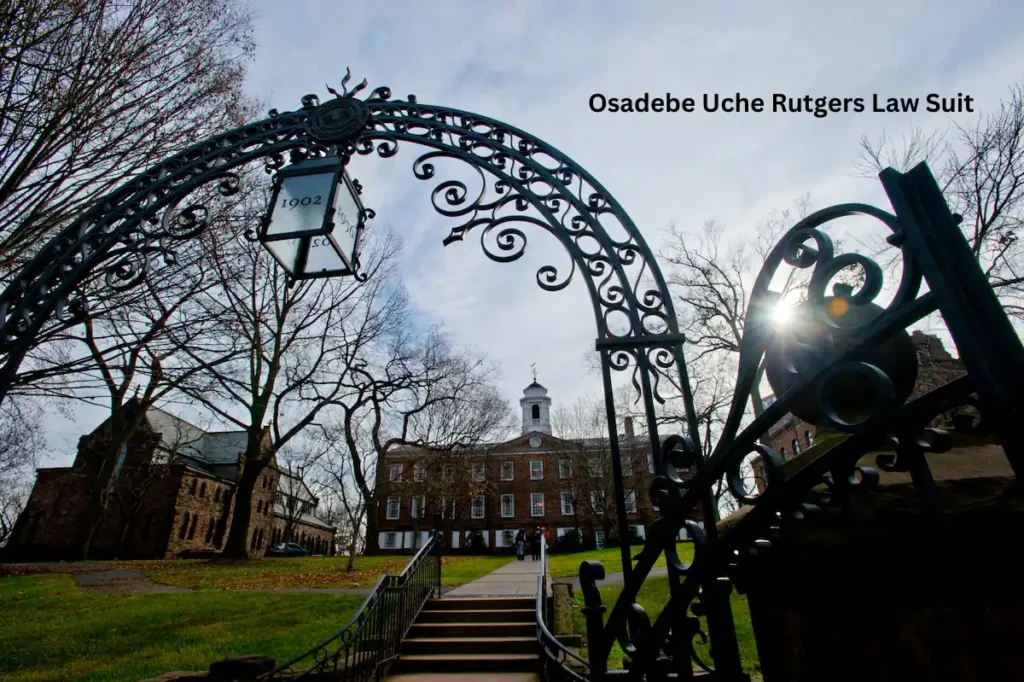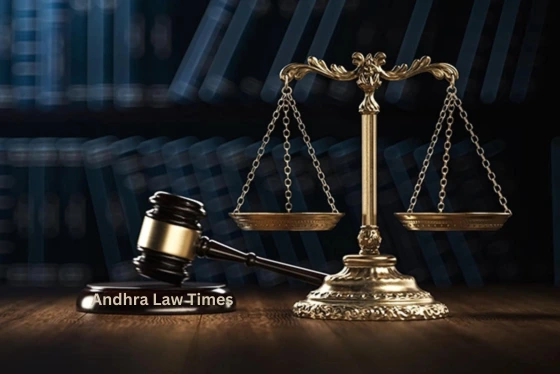
Introduction to the Osadebe Uche Rutgers Law Suit
The Osadebe Uche Rutgers law suit has sparked significant conversations about discrimination and institutional practices within academia. It’s a case that resonates with many, highlighting the ongoing struggles faced by individuals in educational institutions. As we delve into this legal battle, we’ll explore the circumstances surrounding Uche’s experience at Rutgers, the allegations raised against the university, and what it all means for discussions on equality in education today. This case sheds light not only on one individual’s journey but also on larger systemic issues affecting countless others in similar situations.
Background information on Osadebe Uche and his time at Rutgers
Osadebe Uche is a notable figure who gained recognition during his time at Rutgers University. His academic journey began with aspirations to excel in the field of law. Enrolling at Rutgers Law School, he immersed himself in various legal studies, showcasing a dedication that resonated with peers and faculty alike.
Uche was known for his active participation in campus events and student organizations. He sought to make an impact both academically and socially. This drive helped him build connections within the university community.
However, it wasn’t long before challenges arose. As he navigated his studies, Uche encountered obstacles that would eventually lead him into a complex legal battle against the institution itself. His experiences reflect broader issues faced by many students in academia today.
Allegations of discrimination and retaliation against Uche by Rutgers
Osadebe Uche’s experience at Rutgers took a troubling turn as serious allegations emerged. He claimed that he faced discrimination based on his race and background. These accusations highlighted the challenges many students encounter in academic institutions.
Uche described instances where he felt marginalized, often facing undue scrutiny compared to his peers. This perceived disparity created an environment where he struggled to thrive. His concerns escalated when he alleged retaliation following his complaints about the discriminatory treatment.
The atmosphere became increasingly hostile, making it difficult for him to focus on his studies. The situation drew attention not just within Rutgers but also in larger discussions surrounding equity and inclusion within academia. Uche’s claims prompted wider conversations about systemic issues that can affect minority students in educational settings across the country.
Details of the legal battle between Uche and Rutgers
The legal battle between Osadebe Uche and Rutgers unfolded over several high-stakes months. Uche alleged that the university failed to provide a safe environment for students of color, citing multiple incidents that highlighted systemic issues.
As the case progressed, both sides presented their arguments in court. Uche’s team focused on documented instances of discrimination while emphasizing emotional distress caused by unaddressed complaints. They sought accountability from Rutgers.
On the other hand, Rutgers defended itself vehemently. University representatives argued that proper channels were followed and insisted there was no merit to Uche’s claims. The tension was palpable as each side clashed over evidence and testimonies.
Media attention grew as details emerged, shining a spotlight on institutional practices at universities across the nation. This case became more than just a personal struggle; it represented broader societal challenges regarding race and equity in education settings.
Impact of the case on both parties and the larger conversation about discrimination in academia
The Osadebe Uche Rutgers law suit has sparked significant dialogue about discrimination in academic institutions. It highlights the challenges individuals face when navigating systemic issues within prestigious universities.
For Rutgers, this case serves as a wake-up call. The university must reassess its policies and practices to ensure an inclusive environment for all students and faculty. This scrutiny may lead to institutional changes aimed at preventing future allegations of discrimination.
On the other hand, Uche’s fight sheds light on personal struggles that often go unnoticed. His courage encourages others facing similar situations to speak out against injustices in academia.
This case contributes to a broader movement advocating for equity and accountability in educational settings. As conversations evolve, both parties are now part of a larger narrative demanding transparency and justice across higher education institutions nationwide.
Resolution and aftermath of the case
The resolution of the Osadebe Uche Rutgers law suit marked a significant turning point. After prolonged legal battles, both parties reached an agreement that addressed some of Uche’s grievances.
This settlement included measures aimed at improving diversity and inclusion within the university. It signaled a recognition of systemic issues that have long plagued academia.
Uche’s experience sparked discussions across campuses about discrimination policies. Many institutions began re-evaluating their practices in light of this case.
Furthermore, it empowered other individuals facing similar challenges to come forward with their stories. The impact rippled through academic circles, urging more transparency and accountability from educational institutions.
While the specifics of the resolution remain confidential, its effects are evident. The incident has left an indelible mark on how universities approach equality and justice for all students.
Conclusion: Lessons learned from the Osadebe Uche Rutgers Law Suit
The Osadebe Uche Rutgers law suit serves as a significant case study in the ongoing dialogue about discrimination and retaliation within academic institutions. It highlights the importance of acknowledging and addressing grievances related to such issues. For students, faculty, and administrators alike, this legal battle is a reminder of how systemic problems can affect individuals on both personal and professional levels.
Uche’s experience underscores the need for transparent policies that protect against discrimination. His courage in standing up to an institution sheds light on the potential consequences when these policies fail or are inadequately enforced.
For universities, there’s a critical lesson here about fostering an inclusive environment where all voices can be heard without fear of retaliation. The repercussions of not doing so extend beyond individual cases; they impact institutional reputation and student trust.
Understanding Uche’s story may inspire other victims of discrimination to speak out. Awareness is key in driving change within academia to ensure fairness for everyone involved. These lessons could pave the way for improved practices that promote equity across educational landscapes everywhere.





